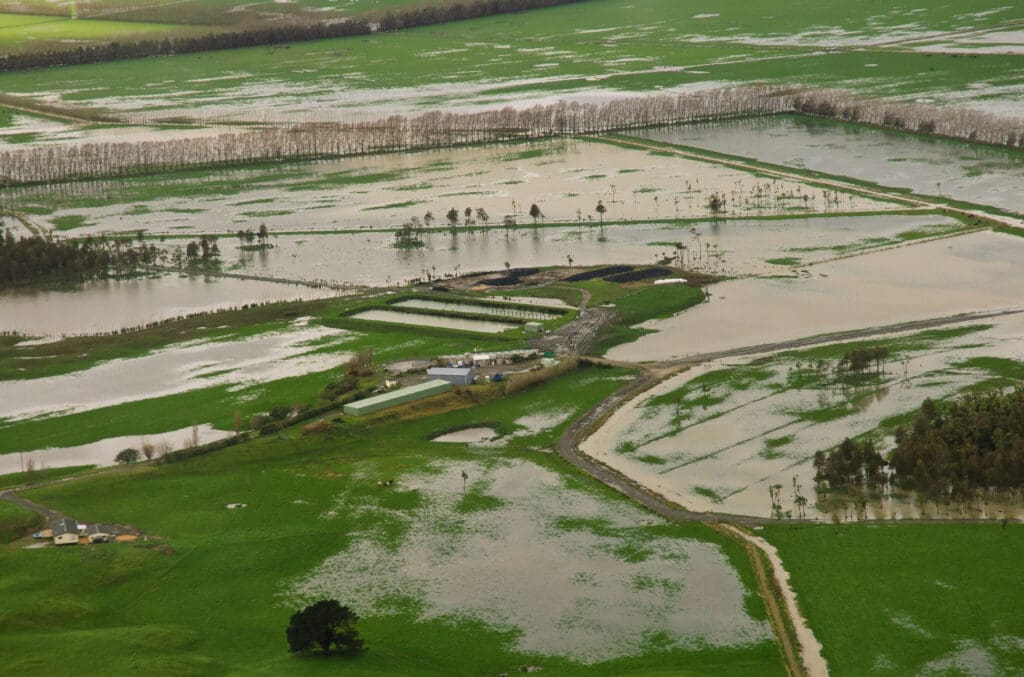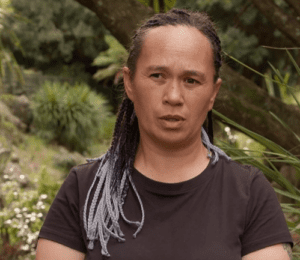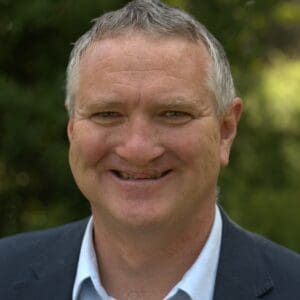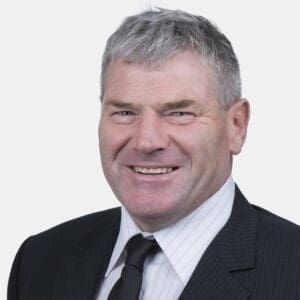
4-5 MARCH 2025 | CROWNE PLAZA, Auckland
Co-located with National Freshwater
Floods, Erosion & Catchment Management
Delivering solutions to safeguard New Zealand
The Floods, Erosion & Catchment Management conference convenes experts, policy makers, and stakeholders from diverse fields to address critical issues related to flood resilience, erosion control, and sustainable catchment management. By fostering collaboration among stakeholders, promoting knowledge sharing, and showcasing best practices, the conference contributes to building a more resilient and sustainable future and safeguarding New Zealand’s communities and landscapes in the face of growing environmental challenges.

Reasons to attend:
- Gain insights into the latest research, technologies, and methodologies in flood management, erosion control, and catchment management from leading experts in the field
- Connect with passionate professionals and thought leaders
- Understand current trends in policy and planning
- Learn about new methods to improve flood forecasting and erosion monitoring
- Learn from New Zealand’s unique approaches and experiences
- Explore real-world case studies and success stories offering practical insights and lessons that can be applied to your own work
Agenda
8:30 | Registration and Coffee |
8:45 | Mihi Whakatau Opening remarks from the Chair |
9:10 | Future flooding and future advocacy: how can professions help break the disaster-response cycle
Iain White, Assistant Vice-Chancellor Impact, Professor of Environmental Planning, University of Waikato |
9:50 | Addressing environmental risks and adaptive management: the legal perspective
Philip Maw, Partner- Environment & Planning and Local Government, Wynn Williams |
10:30 | Morning refreshments |
11:00 | From Risk to Resilience: an update on RMA advancements in flood prevention and Infrastructure
Helen Andrews, Director, The Environment Lawyers |
11:40 | Adapting to Escalating Flood Risks: Local and International Perspectives on Community-Driven Solutions
Bruce Glavovic, Professor, School of People, Environment and Planning, Massey University |
12:20 | Integrated catchment modelling for flood prediction in New Zealand
Bronwyn Rhynd, Director, CKL Zeb Worth, Principal Environmental Engineer, CKL |
13:00 | Lunch |
14:00 | Panel Discussion: Flood risk assessment and mitigation strategies: Explore innovative approaches to flood risk assessment and management
- Property buyouts and permanent relocation from risk areas
- Probabilistic models and machine learning for flood forecasting Chantez Connor-Kingi, Kai whiri iwitunaSenior Advisor – Rivers & Natural Hazards, Northland Regional Council Fiona MacDonald, Principal – Flood Risk, Auckland Council Dr Chris Batstone, Senior Research Associate, Lincoln University Sue Ira, Director, Koru Environmental Consultants |
14:40 | Enhancing land use practices in New Zealand for flood protection, erosion prevention, and improved catchment management
Daniel Harrison, Director - Operations, Taranaki Regional Council |
15:20 | Afternoon break |
15:40 | Beneath the surface: Groundwater’s influence on urban flooding patterns
Helen Rutter, Senior Research Scientist, Lincoln Agritech |
16:20 | Natural based solutions for coastal erosion and flooding events
Todd Derek, Principal Coastal and Hazards Scientist, Jacobs New Zealand |
17:00 | Summary remarks from the Chair & Networking Drinks |
8:50 | Registration and Coffee |
9:00 | Welcome back remarks from the Chair Dr Chris Cameron, Climate Change Specialist |
9:10 | Integrating climate change scenarios for effective flooding, erosion and catchment Management
Matt Raeburn, Principal – Climate Change and Sustainability - Asia-Pacific Climate Scenarios and Disclosures lead, WSP |
9:50 | Erosion control in New Zealand’s vulnerable landscapes
Kerry Hudson, Team Leader Soil Conservation, Gisborne District Council |
10:30 | Morning refreshments |
11:00 | Water City: Innovations in urban flood management
Matthew Bradbury, Associate Professor- School of Architecture, UNITEC |
11:30 | Panel Discussion: Living with uncertainty and puting nature first
Mitchell Anderson, Managing Director, Urban Intelligence Joseph Camuso, Rivers and Natural Hazards Manager, Northland Regional Council |
12.10 | Urban sustainable drainage systems for NZ Cities
Peter Christensen, Technical Director – Surface Water, Storm Environmental |
12:50 | Lunch break |
13:50 | Enhancing Surveying and Mapping with Remote Data Capture: Benefits of Aerial and LiDAR Technology for Flood and Erosion Surveys
Jeremy Neilson, Surveyor / Director, Recon |
14:30 | Summary remarks from the Chair and end of the conference |
Speakers
More Info
Lorem ipsum dolor sit amet, consectetur adipiscing elit, sed do eiusmod tempor incididunt ut labore et dolore magna aliqua. Ut enim ad minim veniam, quis nostrud exercitation ullamco laboris nisi ut aliquip ex ea commodo consequat. Duis aute irure dolor in reprehenderit in voluptate velit esse cillum dolore eu fugiat nulla pariatur. Excepteur sint occaecat cupidatat non proident, sunt in culpa qui officia deserunt mollit anim id est laborum.
More Info
Lorem ipsum dolor sit amet, consectetur adipiscing elit, sed do eiusmod tempor incididunt ut labore et dolore magna aliqua. Ut enim ad minim veniam, quis nostrud exercitation ullamco laboris nisi ut aliquip ex ea commodo consequat. Duis aute irure dolor in reprehenderit in voluptate velit esse cillum dolore eu fugiat nulla pariatur. Excepteur sint occaecat cupidatat non proident, sunt in culpa qui officia deserunt mollit anim id est laborum.
More Info
Lorem ipsum dolor sit amet, consectetur adipiscing elit, sed do eiusmod tempor incididunt ut labore et dolore magna aliqua. Ut enim ad minim veniam, quis nostrud exercitation ullamco laboris nisi ut aliquip ex ea commodo consequat. Duis aute irure dolor in reprehenderit in voluptate velit esse cillum dolore eu fugiat nulla pariatur. Excepteur sint occaecat cupidatat non proident, sunt in culpa qui officia deserunt mollit anim id est laborum.

Matt Raeburn
Read bio

Fiona MacDonald
Read bio

Chantez Connor-Kingi
Read bio

Daniel Harrison
Read bio

Peter Christensen
Read bio

Bronwyn Rhynd
Read bio

Zeb Worth
Read bio

Derek Todd
Read bio

Matthew Bradbury
Read bio

Bruce Glavovic
Read bio

Helen Rutter
Read bio

Kali Mercier
Read bio
Sponsorship Opportunities
Reach out to us with any enquiries about sponsorship opportunities.
We look forward to discussing how we can collaborate and maximise your brand’s visibility at this upcoming event.
Individual tickets
2 for the price of 1
-
The price displayed is the effective rate per person, based on a minimum purchase of 2 tickets equaling 1 full price ticket. For valid ticket, payment by 4 March 2025.
Early Bird
-
Save $200 off Full Price Tickets. Available until 7 February OR until 40 tickets sold, whichever occurs first. For valid ticket, payment by 7 February 2025.
Multi-Buy 3+ Tickets
-
Must be from same organisation and book at same time, minimum 3 tickets required.. For valid ticket, payment by 4 March 2025.
Local, Central Govt, NGO & Maori Trusts - Individual tickets
2 for the price of 1
-
The price displayed is the effective rate per person, based on a minimum purchase of 2 tickets equaling 1 full price ticket. For valid ticket, payment by 20 December 2024.
Early Bird
-
Save $200 off Full Price Tickets. Available until 7 February OR until 40 tickets sold, whichever occurs first. For valid ticket, payment by 7 February 2025.
Multi-Buy 3+ Tickets
-
Must be from same organisation and book at same time. For valid ticket, payment by 4 March 2025.
Registration Conditions
Ticket Terms
All prices are in New Zealand dollars ($NZD)
A surcharge of 2.5% + GST applies to credit card payments on top of the total amount.
For full terms & conditions, please visit https://www.brightstar.co.nz/terms-and-conditions
Ticket Terms
All prices are in New Zealand dollars ($NZD)
A surcharge of 2.5% + GST applies to credit card payments on top of the total amount.
Pre-Sale Tickets are valid only for the specific event for which they were purchased and cannot be transferred to other events. To remain valid, Super Saver and Early Bird tickets must be paid by date quoted.
Group ticket options are valid for registrations from the same organisation, booked at the same time.
By selecting any special pricing offer for classes of organisation, sector, or individuals or using any promotion code, you are asserting to the organiser your right to claim any such pricing offer, and acknowledge the organiser’s right to audit such claim and, if in the opinion of the organiser using its sole discretion the conditions for special pricing are not met, reject any registration.
For full terms & conditions, please visit https://www.brightstar.co.nz/terms-and-conditions
Make an enquiry
info@brightstar.co.nz





